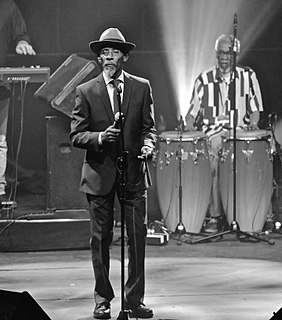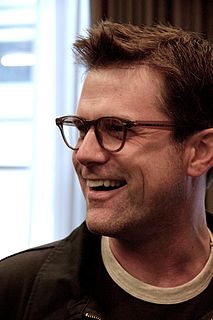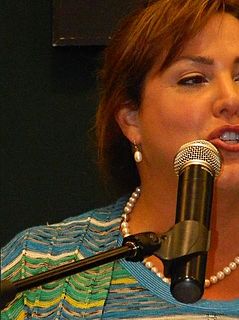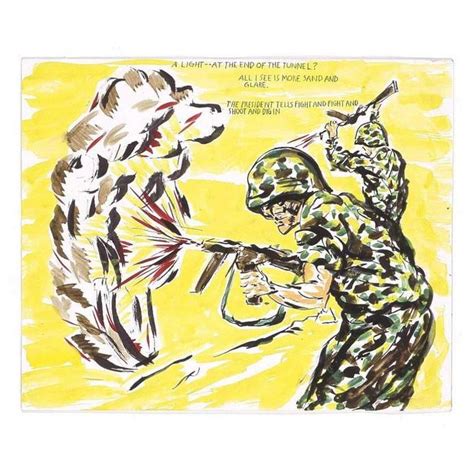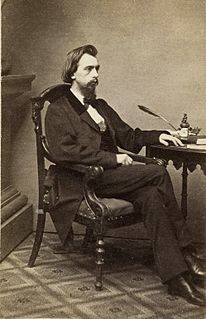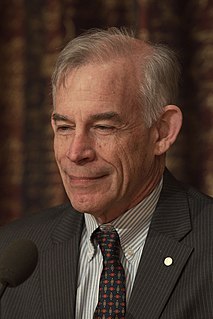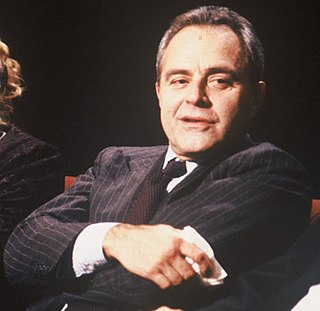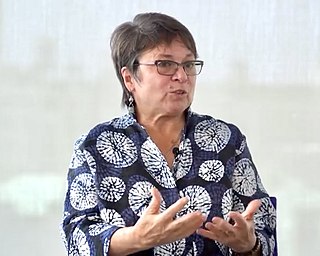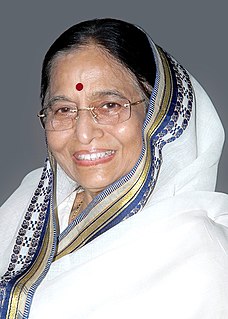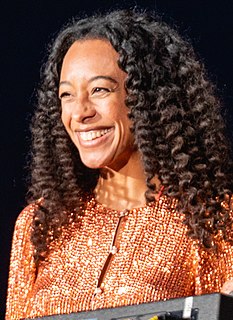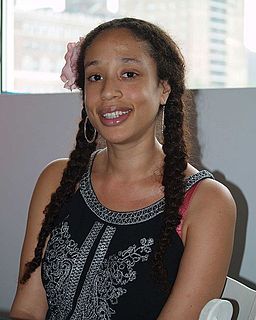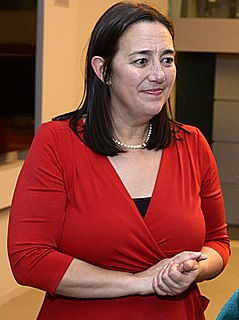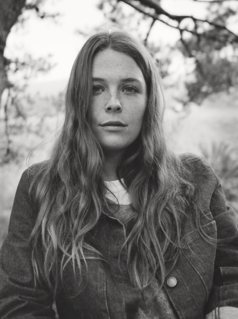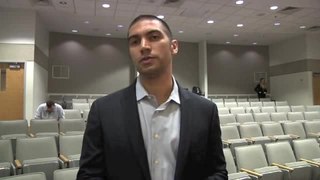Top 1200 Political Writing Quotes & Sayings
Explore popular Political Writing quotes.
Last updated on November 15, 2024.
All political movements are basically anti-creative - since a political movement is a form of war. "There's no place for impractical dreamers around here," that's what they always say. "Your writing activities will be directed, kindly stop horsing around." "As for the smoking of marijuana, it is the exploitation for the workers." Both favor alcohol and are against pot.
In our time, political speech and writing are largely the defense of the indefensible. Things like the continuance of British rule in India, the Russian purges and deportations, the dropping of the atom bombs on Japan, can indeed be defended, but only by arguments which are too brutal for most people to face, and which do not square with the professed aims of the political parties. Thus political language has to consist largely of euphemism, question-begging and sheer cloudy vagueness.
Many novelists say, "I'm not a political novelist" - myself included. That's a standard, even a default position. Whereas that divide between art and politics simply isn't possible in many countries. In Hungary, you couldn't be a fiction writer and then, when asked about politics, put your hands up in the air and say "But I'm not a political novelist." If you're a Chinese novelist, a novelist in a country where censorship is such an issue, how do you claim that politics has nothing to do with your writing? It's in your writing, it's shaping your words.
What I do know is that writing is the thing I am best at, and I don't have the stomach, the ability, the strength or the courage to enter the political arena. And I think writing can be a political act, if only to let those people accountable know they are being watched. Literature can be a conscience.
For me, what is political is very personal. Politics are not this abstract idea. Laws are the rules that dictate how we live our lives. What we eat is political. How we dress is political. Where we live is political. All of these things are influenced by political decision-making, and it's important to be part of the process.
I think all writing is political. All writing shows a preoccupation with something, whatever that thing might be, and by putting pen to paper you are establishing a hierarchy of some sort - this emotion over that emotion, this memory over that memory, this thought over another. And isn't that process of establishing a hierarchy on the page a kind of political act?
One strange quality of writing about political campaigns is that it's a little like writing about a baseball game inning by inning. We presume we can say something about the final result from the state of play a third of the way through. You can when a game is a colossal blowout, but you can't when it's close.
The adjective "political" in "political philosophy" designates not so much the subject matter as a manner of treatment; from this point of view, I say, "political philosophy" means primarily not the philosophic study of politics, but the political, or popular, treatment of philosophy, or the political introduction to philosophy the attempt to lead qualified citizens, or rather their qualified sons, from the political life to the philosophic life.
When I write my novels, I'm not writing them to make political points. I'm writing them because I passionately love monsters and the weird and horror stories and strange situations and surrealism, and what I want to do is communicate that. But, because I come at this with a political perspective, the world that I'm creating is embedded with many of the concerns that I have. But I never let them get in the way of the monsters.
Writing objects to the lie that life is small. Writing is a cell of energy. Writing defines itself. Writing draws its viewer in for longer than an instant. Writing exhibits boldness. Writing restores power to exalt, unnerve, shock, and transform us. Writing does not imitate life, it anticipates life.
I discovered that I, a writer of what is known as creative nonfiction, could do the research and bridge the gap in my books and lectures through true storytelling. This is not 'dumbing down' or writing for eighth graders. It is writing for readers across cultures, age barriers, social and political landscapes.
A writer will write with or without a movement; but at the same time, for Chicano, lesbian, gay and feminist writers-anybody writing against the grain of Anglo misogynist culture-political movements are what have allowed our writing to surface from the secret places in our notebooks into the public sphere.
I do not believe that it is necessarily the duty of the writer to give a voice to his community. If a writer is true to his vocation, to his or her vocation, the very process of creativity enlarges these human horizons. It provides insights, even when you're not writing, when your writing's not dealing with a concrete political situation.
There are people with an explicit political bent complaining about people having political agendas while nominating stories with political agendas. Is it political to try to be diverse? Is it political to try to imagine a non-heteronormative society? Yes, because it involves politics. But how do they expect us to not write about our lives?












